Teens are disregarding COVID-19 more than ever— here’s why I don’t
Death changed my view on the pandemic
September 14, 2020
Today’s youth have responded to the pandemic in a variety of ways, the most popular being a complete disregard for it. This disregard manifests itself mainly in public social settings like bored teens regularly attending large house parties throughout the summer or athletes continuing to be regulars at gyms and large groups of adolescents eating indoors at restaurants.
Social behaviors show COVID-indifferent attitudes as well. Masks are pulled down to continue conversation and yell across the room to a friend, and posed photos on social media have masks slipping off chins and no social distancing in sight. Why not give mask-wearing a trendy connotation? Young people did care at first, but they don’t anymore.
Why? Because it hasn’t affected them in a life-threatening way— only aspects of everyday life changed, like sport cancellations and the absence of large social events. Indeed, the notion that COVID-19 doesn’t cause death among young people is a highly circulated rebuttal when teens are questioned on pandemic-indifferent behavior. But they fail to understand that practicing safety measures is about more than protecting themselves. It’s to protect their loved ones, especially elderly ones.
Death due to COVID affected me— my Colombian grandfather, who passed away Aug. 12.
On March 20, the president of Colombia declared an obligatory isolation for adults over 70 years of age, which prohibited them from leaving their houses except for groceries and medical care. In mid-July, solely to prevent mental health issues, the elderly were allowed to leave their houses for a day based on the last few numbers on their IDs.
My grandfather had always been active and energetic, so, of course, he took full advantage of his day of freedom. He took busses and taxis, running errands at the markets, going to the bank and visiting family all over the city.
During his day of freedom, my grandfather encountered crowded sidewalks and marketplaces full of young people letting their guards down in disregard for those at risk, because how could they have COVID-19?
Seeing the reality of this pandemic changed my view on it. I realized I have to do the best I can to protect my parents, who, quite frankly, are pretty old. This is why I limit my outings with friends and why I’m particularly cautious when I do go out.
One slip-up, one misjudged outing with an infected friend, even a few feet short of social distancing from a stranger could be the difference between life and death for my parents. I’m shocked when I think about common views and behaviors regarding the pandemic: The possibility of getting infected rarely crosses people’s minds, and safety measures are seen as stupid, tedious or even embarrassing. Is it embarrassing to know that when precautions are being followed, someone like my grandfather is being protected from death itself? — Maria Rangel
This is exactly why we must be careful around others in public. You might be sick without knowing it, and even if you aren’t, someone else might be. You get sick, go home and come into contact with a parent or grandparent. That could only result in two ways, and hopefully they’re either young enough or their immune system is good enough.
I am in no way discouraging anyone from going out. In fact, people should exercise their right to freedom and enjoy themselves and socialize. Rather, my point is that there is a safe and correct way to enjoy oneself in public. A little mindfulness can go a long way even in a world where our lives are mandated by tiny respiratory droplets floating in the air.


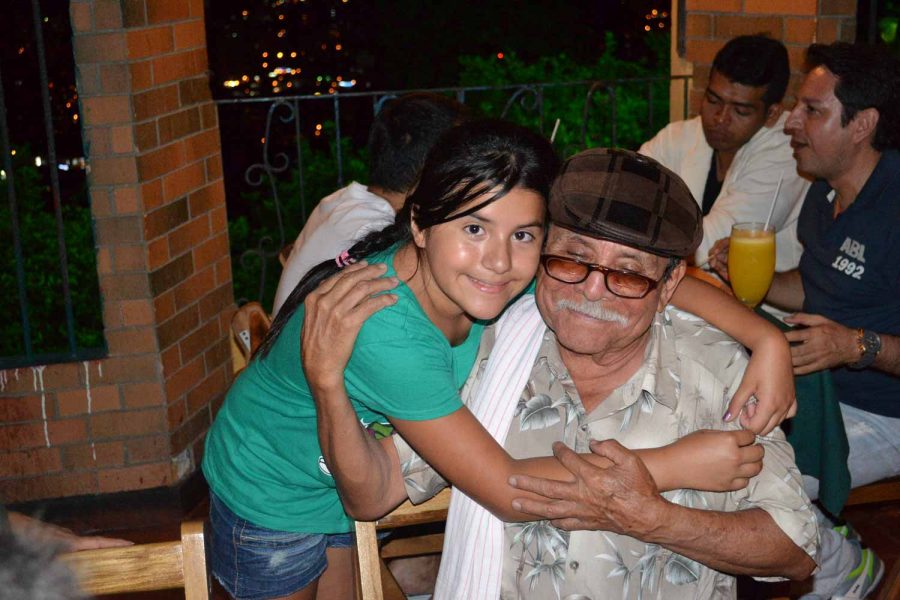












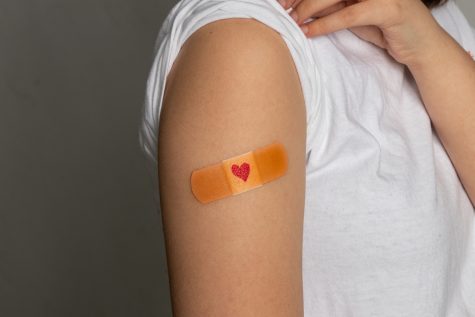
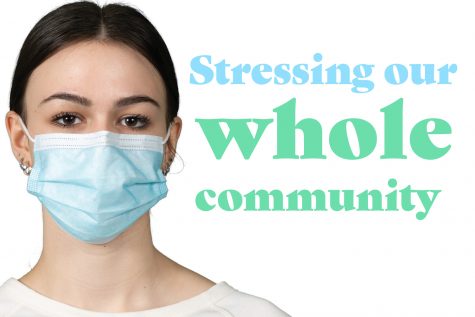

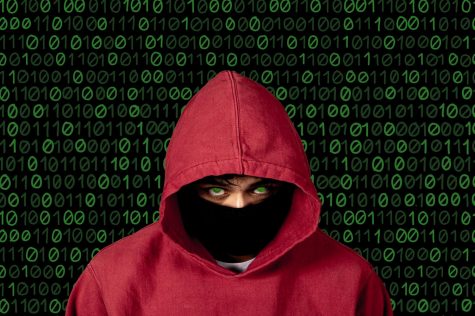
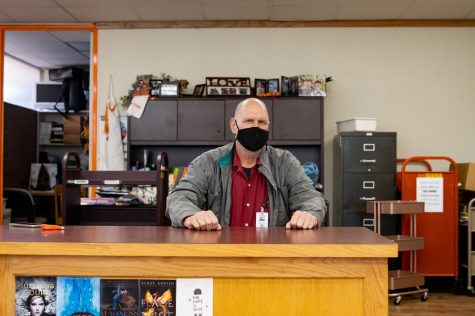

Karen Daniels • Oct 1, 2020 at 11:44 am
it is soooo important to keep the family in mind during these times! thank you so much for writing this. great story!!!!!!!!!!
Liliana Rincon • Sep 19, 2020 at 1:14 am
Si todos los jóvenes pensaran como tú, nuestro futuro no sería tan incierto, gracias. María por tus valiosas palabras y por tu generoso corazón y por dejar claro que cuiidarse uno mismo es ayudar a salvar a nuestros seres queridos de este terrible virus , Dios te bendiga